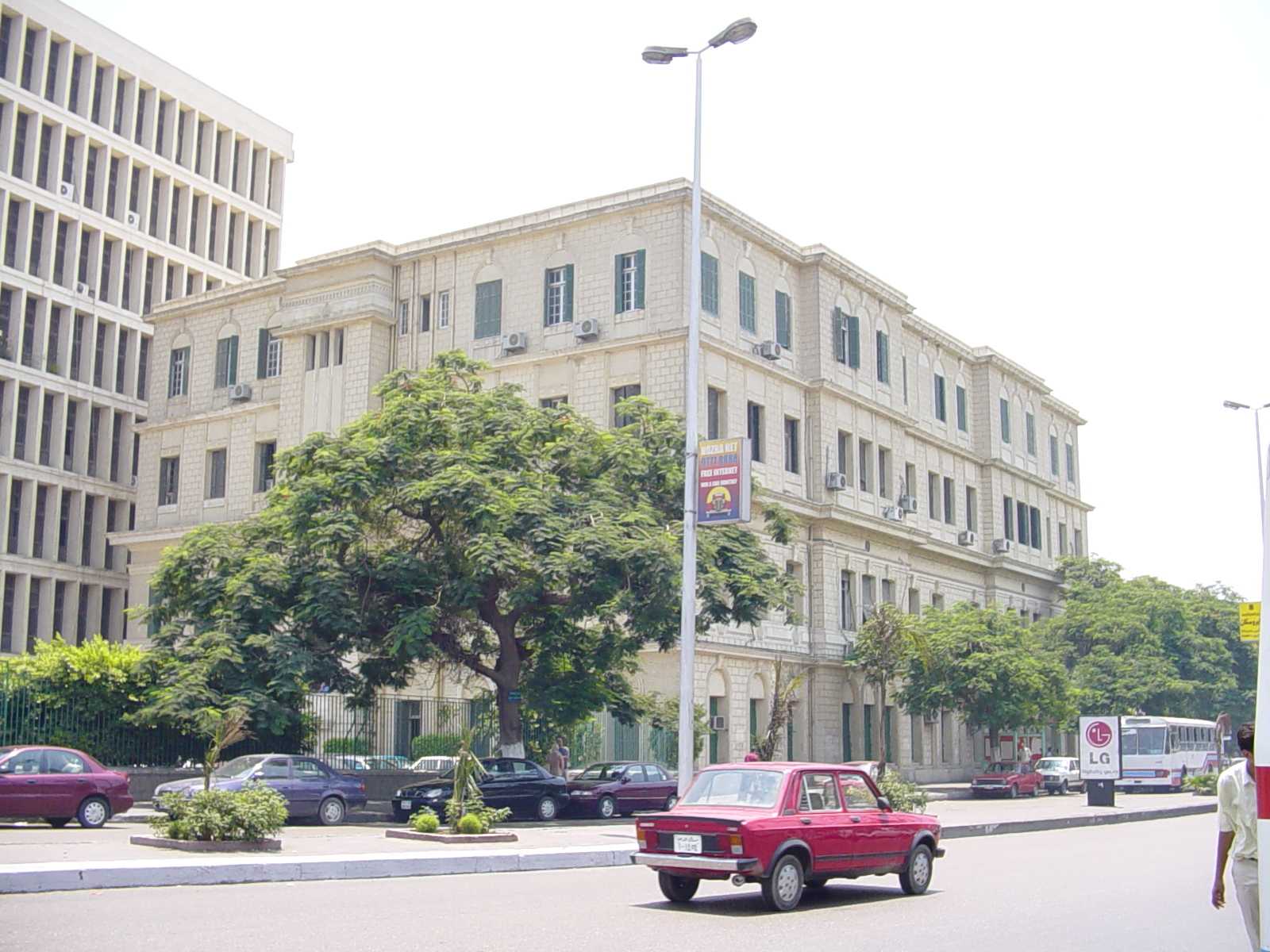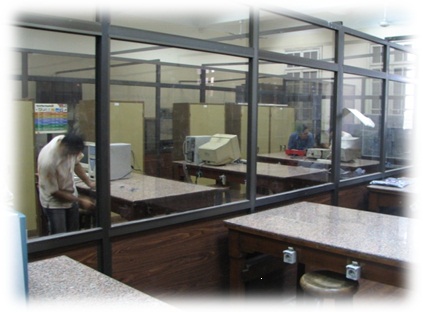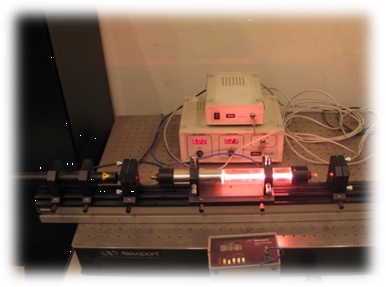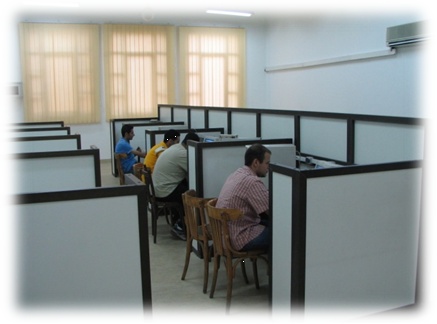BACKHAUL SHARING IN MULTI-CELL MIMO COOPERATIVE NETWORKS
Multi-cell MIMO or Coordinated Multi-Point (CoMP) has proven to be a key technology in future wireless cellular systems. One of the fundamental challenges that face multi-cell MIMO is the fact that the backhaul link is limited. This limited backhaul link is expected to be the bottleneck of the CoMP network. Since users are distributed in the cell area, users don't receive the same useful power nor the same interference power. Therefore, in this thesis we study how the backhaul should be shared among users and whom of the users gets what of the backhaul. The problem is approached from the mean-rate and fairness perspectives. We show that, for a low to moderate backhaul bandwidth, the mean-rate is independent on the distribution of backhaul among users but rather dependant mainly on the total backahul bandwidth. Encouraged by this important observation, we study how to optimize fairness among users. Two fairness metrics are used, the recently proposed mean rate vs. rate variance as well as our proposed mean rate vs. minimum rate metrics. The backhaul shares are numerically found to optimize these two fairness metrics. Besides the numerically optimized methods, we proposed two low complexity schemes to share the backhaul. Our schemes can provide performance comparable to the optimum ones. Since there is always a trade-off between the mean and variance, we characterize the optimal trade-off between them and show that one of our schemes is able to achieve it. Finally, we study the problem from a more practical view through the BER instead of the Shannon capacity, and show again that our scheme is optimal from this perspective.
In the second part, we investigate how to allocate these quantization bits jointly with the base-stations power among users in order to maximize the mean-rate under fairness constraints. Firstly, we study this problem with the assumption of one user per cell. We find that binary allocation of power is optimal and the backhaul should be equally divided between the two users. Then, the multi-user case is considered. A solution of the optimization problem is developed under high signal-to-interference and noise ratio(SINR). We prove that under these assumptions, uniform power allocation is optimal and the fairness optimization methods considered above can be applied here.
https://dl.dropbox.com/u/38468683/Theses/Hazem_Soliman_2011_COMP.pdf




